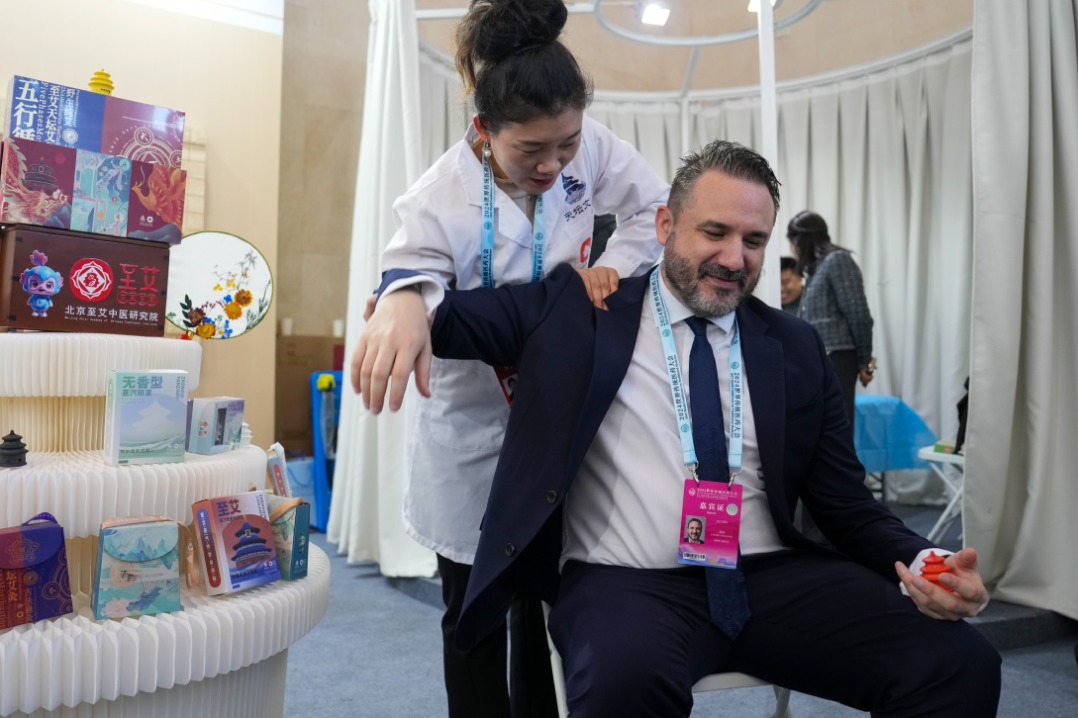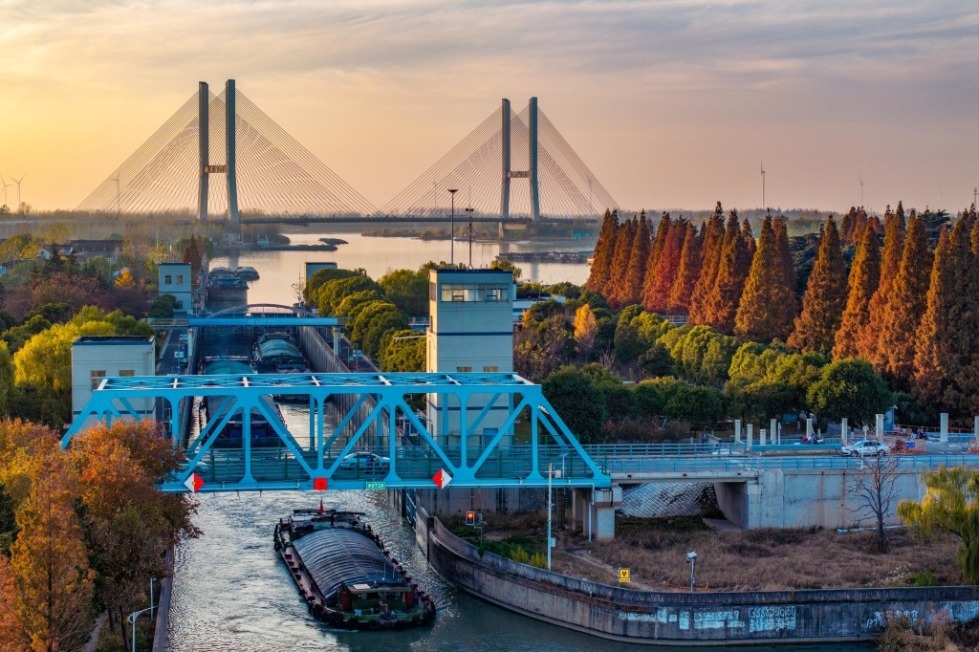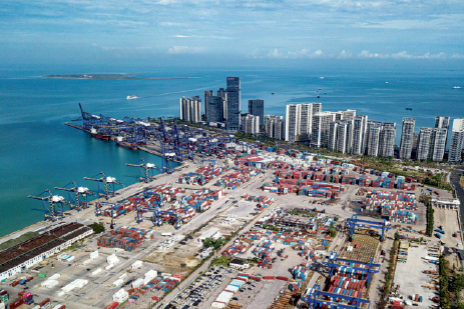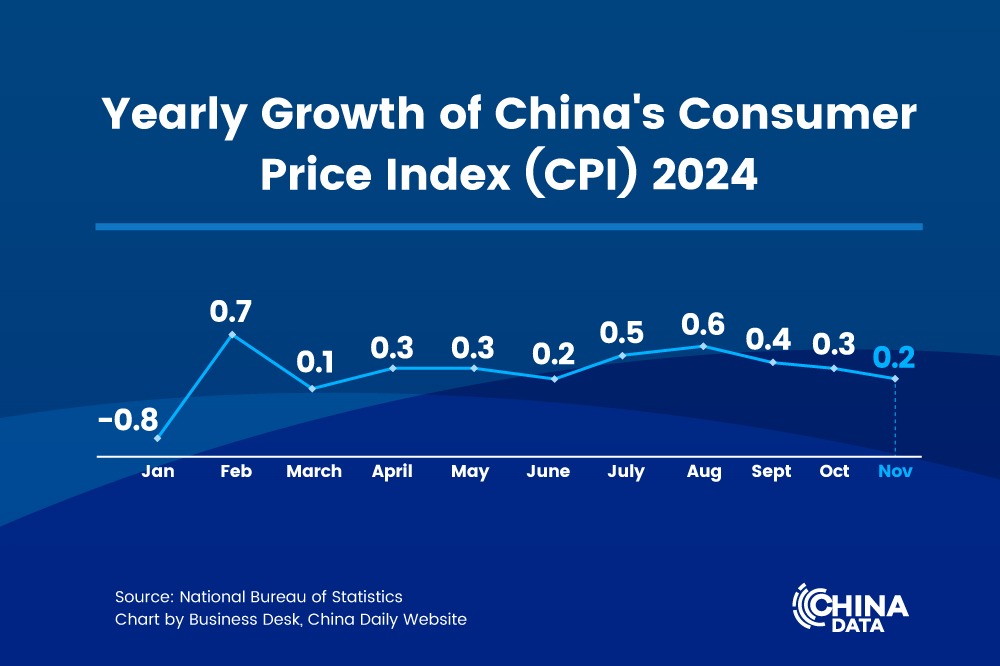LG Chem to up battery material production


LG Chem, a South Korean chemical company, will further expand battery material production capacity in China and strengthen collaboration with Chinese companies as it sees enormous growth opportunities from China's emphasis on sustainable development and the cultivation of new quality productive forces.
Shane YS Hwang, president of LG Chem Greater China, said the company's development is inseparable from the Chinese market and it will continue to bolster its business in the world's second-largest economy.
Hwang said since the establishment of diplomatic relations between China and South Korea in 1992, LG Chem, as the first South Korean chemical company to invest in China, has been engaged in the Chinese market for more than 30 years, with more than 3,600 employees, adding that "these have shown that our investment in the Chinese market is sustained and prominent."
He noted that the Chinese market has contributed significantly to LG Chem's global sales, emphasizing that "the Chinese market still holds immense growth potential and plays a leading role in driving global economic growth."
So far, LG Chem has built more than 10 factories in Tianjin, Ningbo, Zhejiang province and Guangzhou, Guangdong province, and two technical centers. It has over 10 branches across the nation including Shanghai and Guangzhou.
The company has established a plant by teaming up with China's battery material producer Zhejiang Huayou Cobalt Co Ltd to manufacture precursors, a key battery component used in electric vehicles, in Quzhou, Zhejiang province. Meanwhile, LG Chem has built a new energy vehicle cathode material production base in Wuxi, Jiangsu province.
Hwang said the company regards eco-friendly materials, battery materials and global innovative new drugs as its three major new growth engines, while bolstering the digital transformation and green, low-carbon operations via building smart factories with the help of artificial intelligence technology and improving the efficiency of production bases.
China has contributed to the global green shift by providing high-quality and cost-effective new energy products, including EVs, lithium batteries and photovoltaic products.
A considerable number of Chinese chemical companies are deeply integrated into LG Chem's industrial chain and localized production, as they can provide high-quality basic chemical raw materials and accumulated rich technical experience in the research and development, synthesis and production of chemicals, with advanced production facilities and strict quality control, Hwang added.
Last year, LG Chem signed a comprehensive memorandum of understanding with Huayou Cobalt to build a joint EV battery material plant in Morocco. The plant, set to start production in 2026, aims to produce 50,000 metric tons of lithium iron phosphate cathode materials annually, enough to be installed in 500,000 entry-class EVs, the South Korean chemical maker said in a statement.
In addition to the plant in Morocco, the two companies agreed to cooperate in Indonesia, which is actively promoting the battery manufacturing and EV sector, and are considering the establishment of a precursor plant there.
Zhang Jianping, deputy director of the academic committee at the Chinese Academy of International Trade and Economic Cooperation, said the implementation of a new round of opening-up measures, such as the shortened negative list for market entry, the Foreign Investment Law and pilot free trade zones, has created favorable conditions for foreign businesses to invest in China.



































